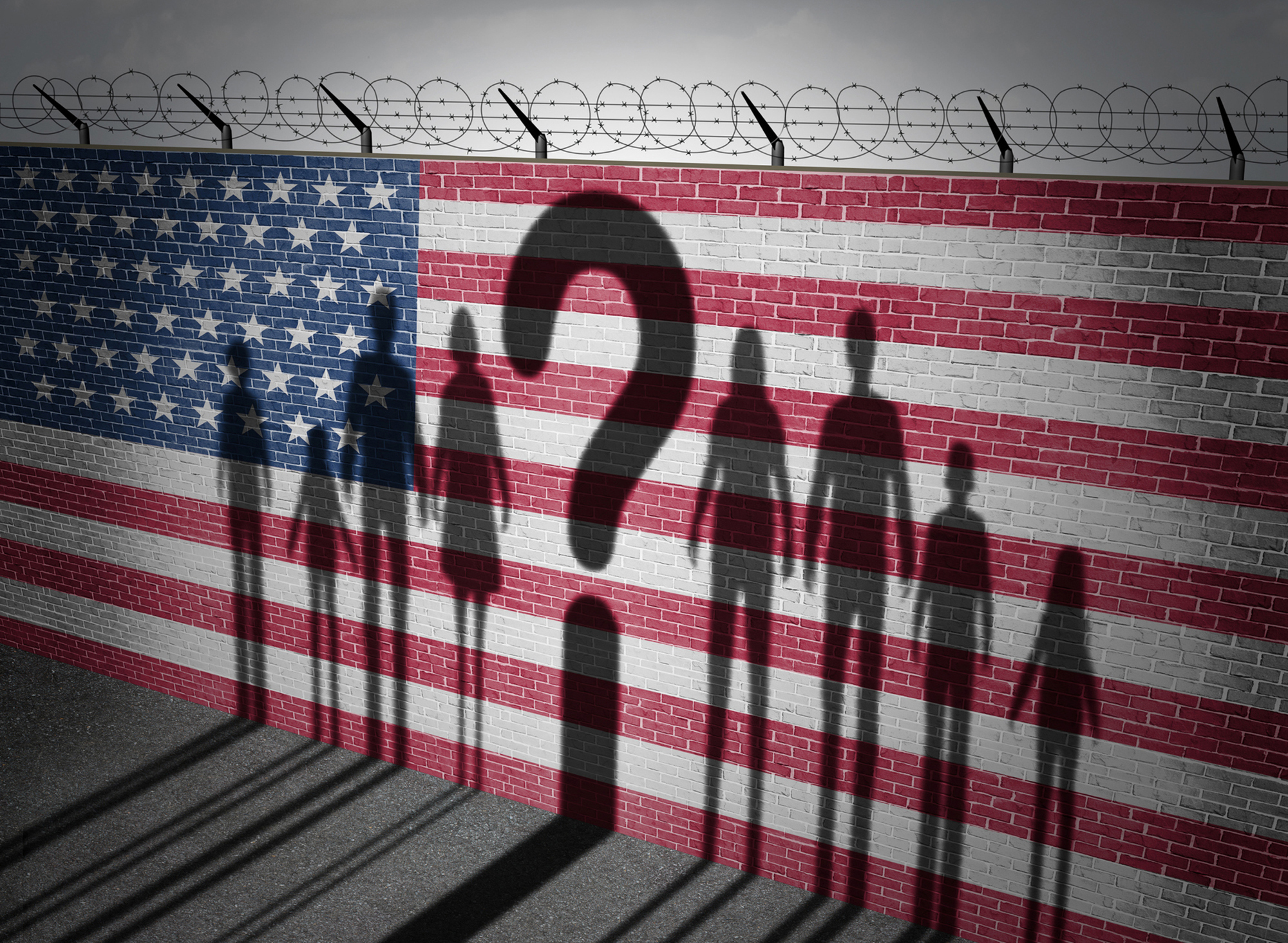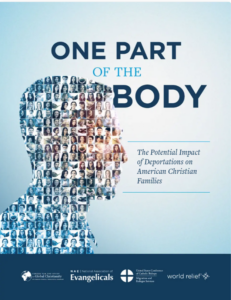
MONTREAL, Quebec (BP)–It’s still possible to visit 1,000 Quebec communities and never see an evangelical church — a staggering fact that Canadian church planting leaders face as they gather momentum for the Send Montreal church planting effort.
Baptist leaders from Canada and the United States met to discuss plans for “Send Montreal” in mid-April in the first of many local/regional gatherings to convene around the church planting strategy “Send North America,” an initiative of the North American Mission Board being launched this year.
Send Montreal coalition members set a goal of starting 225 churches in Montreal and other communities in Quebec by 2020, which would include 199 French-speaking churches.
The coalition assigned two church planters, Quebec native Francois Verschelden, pastor of Connexion in Montreal, and Ron Young, pastor of Renaissance Bible Church in Rawdon, the task of designating 25 initial locations for new works in the province.
The group also gave priority to identifying key people and churches in Canada and the United States who can join the team in planting, partnering and sending.
“I believe some of Quebec’s greatest indigenous leaders have yet to be discovered, and it’s our job to unearth them,” Jeff Christopherson, church planting leader for the Canadian National Baptist Convention and NAMB’s vice president for the Canada region, said during the April 14-15 sessions. “It’s inconceivable to a lot of people that there could be that many communities in one province without the Gospel. It’s our job to make these realities known.”
Particularly in the Montreal metropolitan area, the unchurched population exceeds 99 percent of its 3.2 million people. But the secularization of Quebec, whose citizens ousted the dominant Catholic rule and replaced it with a resistance to organized religion in the Quiet Revolution of the 1960s, has extended to all outlying areas.
With a population of nearly 6 million (Quebec’s total population is 7.3 million), the French-speaking Quebecois are considered the largest unreached people group in North America. They also could be among the hardest to reach, but they’re the key to the province.
“If we are going to reach Quebec, then we have to reach the vast majority, which is French-speaking,” Verschelden said.
A general aversion to organized religion and a disinterest in anything that isn’t French Quebecois has made church planting efforts an uphill struggle for Southern Baptists and other evangelical groups.
The hardness of the Quebecois spiritual soil has at times removed it from the purview of many evangelicals who’ve opted rather to plant English-speaking churches.
“My parents are French Quebecois. My relatives have been here since 1642,” Gerry Taillon, executive director of the Canadian National Baptist Convention, said. “This is the most spiritually needy and hardest part of Canada and the most religiously apathetic. But I also believe God is doing many things here and I believe our job is to partner together and start a critical mass of churches in this province.”
As NAMB gears up to launch Send North America at the Southern Baptist Convention in June, Toronto and Vancouver will join Montreal as areas of special need with a priority of uncovering indigenous leadership and mobilizing churches to partner with church planters through these key Canadian metropolitan areas.
In addition to Verschelden, Young, Taillon and Christopherson, the Send Montreal gathering included Peter Blackaby, a CNBC mobilization catalyst; Jacques Avakian, a national missionary with NAMB; John Mark Clifton, a former Montreal church planter and pastor of Wornall Road Baptist Church in Kansas City, Mo.; and Mark Hobafcovich, a member of NAMB’s multi-ethnic team.
–30–
Adam Miller writes for the North American Mission Board. For an overview of the Send North America strategy and other NAMB initiatives, see the BP story, “NAMB trustees approve sweeping changes,” at www.bpnews.net/bpnews.asp?id=34620.














